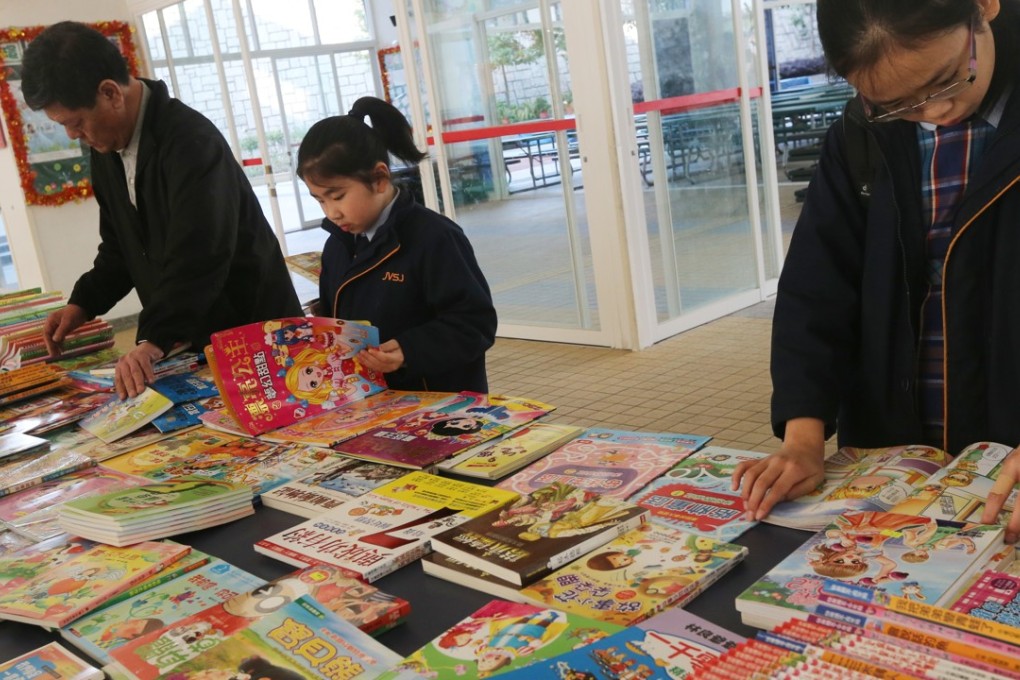
Textbooks can be reused for sake of landfills
Barry Dalton’s notion of “Wanton waste” of old textbooks, as “an appalling use of resources and a terrible burden on parents” struck a chord with me (“Textbooks are thrown away in wasteful city”, September 25).
I agree wholeheartedly with the need to change Hong Kong’s throwaway mentality. This could be helped if people accepted the use of second-hand textbooks.
As a student, I see clearly how many books have hardly been used before being dumped. Additional notes for different subjects are often printed out for students, and sometimes the notes will be used to teach instead of the books. Students do most of their work and take notes on these printouts, not touching the textbooks they bought.
By the time a student finishes school, parents will have spent about HK$60,000 on buying books. This is not only a huge financial burden, especially for those parents on lower incomes, but the volume of textbooks also takes a heavy toll on our landfills.
Trees, also, are an invaluable resource for the planet, and should not be sacrificed unnecessarily for the textbook industry We should figure out a way to stop the waste.
Helen Chan, Ho Man Tin